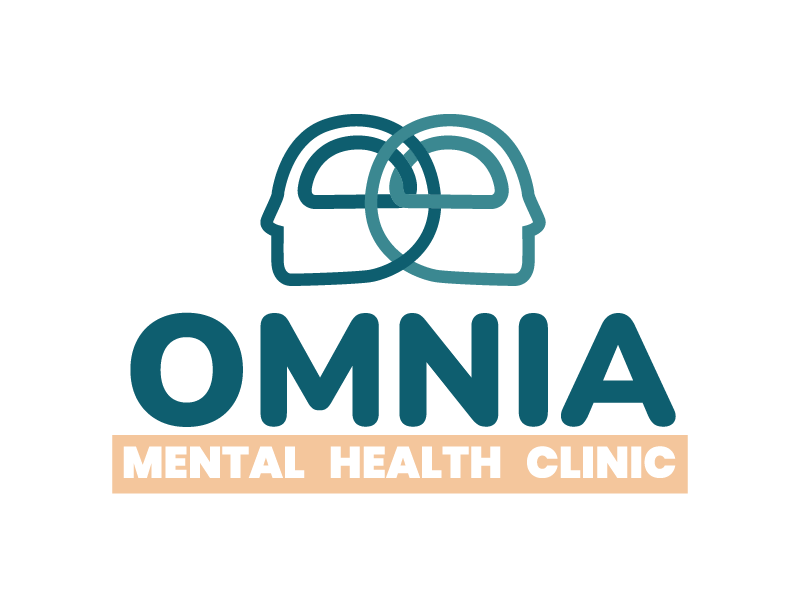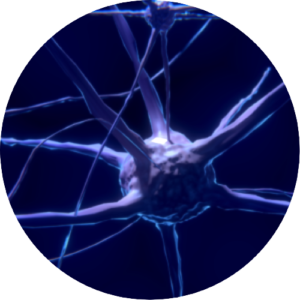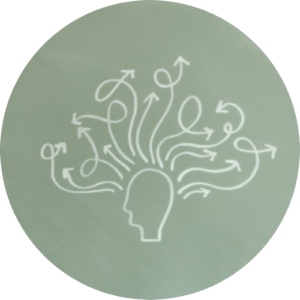
Applied Neuroscience Treatments
Neuropsychology and brain training

Neuropsychology and brain training
Neuropsychology focuses on the relationship between the brain and behaviour through the evaluation of cognitive functions. Cognition is the mental action or process of acquiring knowledge and understanding through thoughts, experiences, and sensations.
Cognitive functions are mental processes such as attention, memory, problem solving, language, decision making, perception, and executive functions. These functions can be impacted in some mental health conditions including mood disorders, anxiety, psychosis, neurodevelopmental disorders (ADD/ADHD, Autism, etc) among many other psychiatric and neurological conditions.
At Omnia Mental Health Clinic our clinicians are specialized in neuropsychology and neuroscience to provide you the best services tailored to your needs. We also offer remote personalized brain training that you can do from home to improve cognitive functioning and work on your neuroplasticity.
Neurofeedback

Neurofeedback
Neurofeedback is a brain training technique based on the viewing by the patient about its own brain activity in real time and learning and self-control of it.
Communications between groups of cells generate thoughts, feelings, actions and emotions. This activity can be assessed by brain waves, i.e, electrical signal generated by your brain.
During a neurofeedback session, the electrodes detect brainwaves and represent them visually. After diagnosis, training goals are marked. From there, while viewing your brain function in sessions, you learn how to manage it so you begin to progressively control the electrical activity of the brain to optimal functioning.
Neurofeedback is based on the fundamental principles of neuroplasticity and helps you to have control over your nervous system and your mind.
Neuroplasticity is the ability of the nervous system to create new connections. It allows neurons (nerve cells) in the brain to compensate the effect of injury or illness and adjust their activity in response to new situations or changes in the environment.
Connections and brain circuits are constantly changing, becoming stronger or weaker depending on usage and environmental conditions.
Biofeedback

Biofeedback
It is a technique of training to learn how to control your body function. Through a connection to electrical sensors, you will receive information (feedback) on your body (bio). That information received will help you to learn how to make and track changes at the body, such as relaxing muscles or reduce pain.
In short, biofeedback provides you the tools to use your thoughts in order to control your body, and improve health and physical performance.
Possible applications of bio-neurofeedback:
- Anxiety
- Depression
- Stress
- Migraine
- Posttraumatic stress Disorder (PTSD)
- Sleep upheavals
- Epilepsy
- Pain / chronic pain
- Neurodevelopmental disorder
- Addictions
- Preparation for athletes
Transcranial Direct Current Stimulation (TDCS)

Transcranial Direct Current Stimulation (TDCS)
Transcranial Direct Current Stimulation (tDCS) is a non-invasive brain stimulation technique that is used to modulate cortical excitability, with facilitatory or inhibitory effects upon a variety of symptoms and behaviors.
tDCS is a safe brain stimulation technique that transfers mild electrical current to specific regions of the brain using some electrodes placed on the scalp. tDCS can be used to activate or inhibit neural activity in the brain cortex by delivering electrical signals, increasing or decreasing neural excitability.
Several research studies suggested that tDCS it may be a valuable technique for the treatment of psychological conditions such as depression, anxiety, and chronic pain as well as to improve cognition among other conditions.
Please complete the information below, and we will respond to you as soon as possible.
Opening hours
Monday - Sunday (9AM-9PM)